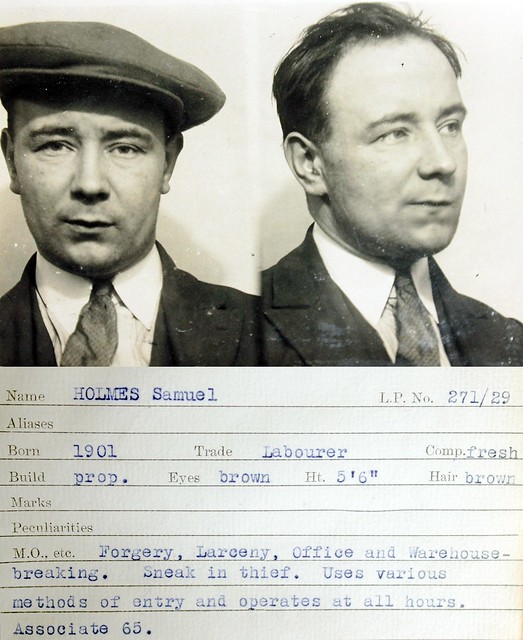Governor Andrew Cuomo of New York announced earlier this year that part of his 2020 executive budget will include a proposed ban on public disclosure of arrest photos and booking information collected by police agencies. The announcement is part of recent developments across the United States to end the practice of the mass distribution of mug shots and arrest information online. In a recent editorial for Slate, Sara Esther Lageson describes how the movement to end the widespread practice of online mug shots highlights broader debates about transparency, free speech, and due process.
Lageson notes how Cuomo’s proposal has since inspired public backlash while other stories, such as California criminal indictment of mugshots.com for charging people thousands of dollars for mug shot removal on their site, have received sparse but positive public support. She describes how this contradiction represents a tension between transparency in public records and due process protections,
“There’s an important due process responsibility to protect the innocent that must be balanced against unfettered access in a digital age—even if this means losing access to millions of mug shots. As it stands now, the debate over whether law enforcement should release mug shots centers on how the records are used in the public sphere. While simply posting the photos is an expression of First Amendment freedoms, salaciously posting the mug shots for fodder, voyeurism, or extortion feels wrong. But attempting to make a clear distinction between the two creates a false dichotomy between the appropriate and inappropriate sharing of public records on the internet.”
While mug shots may be useful to monitor police misconduct or other activities during arrest, Lageson notes that there are many exemptions through the federal Freedom of Information Act (FOIA) that make it difficult or impossible for the public to keep an eye on police, court, and prison operations. Thus, the potential transparency benefits to having constant online access of people’s arrest information and mug shots do not outweigh the stigma and shame that can impact people for the rest of their lives. Lageson looks to Europe as a useful example for how the United States can do better,
“There are other options for how to treat mug shots and other pre-conviction records. Nearly all European countries, for instance, routinely protect the privacy of the accused and limit public access to criminal records in an effort to foster rehabilitation. Curbing mug shots to prevent public shaming and extortion just doesn’t equate to secret criminal justice operations—which, in reality, are already quite secretive even with our current public records scheme. It’s entirely possible to promote open government while also preventing the bulk release of millions of booking photos per year.”


Comments 1
Concepcion D. Atwood — November 21, 2022
I'm especially stayed aware of the article and I will get many benefits from it. Subsequently, thank you for sharing it.That is what I was looking for, what information, present here at this site. MyFlorida Access Login Account